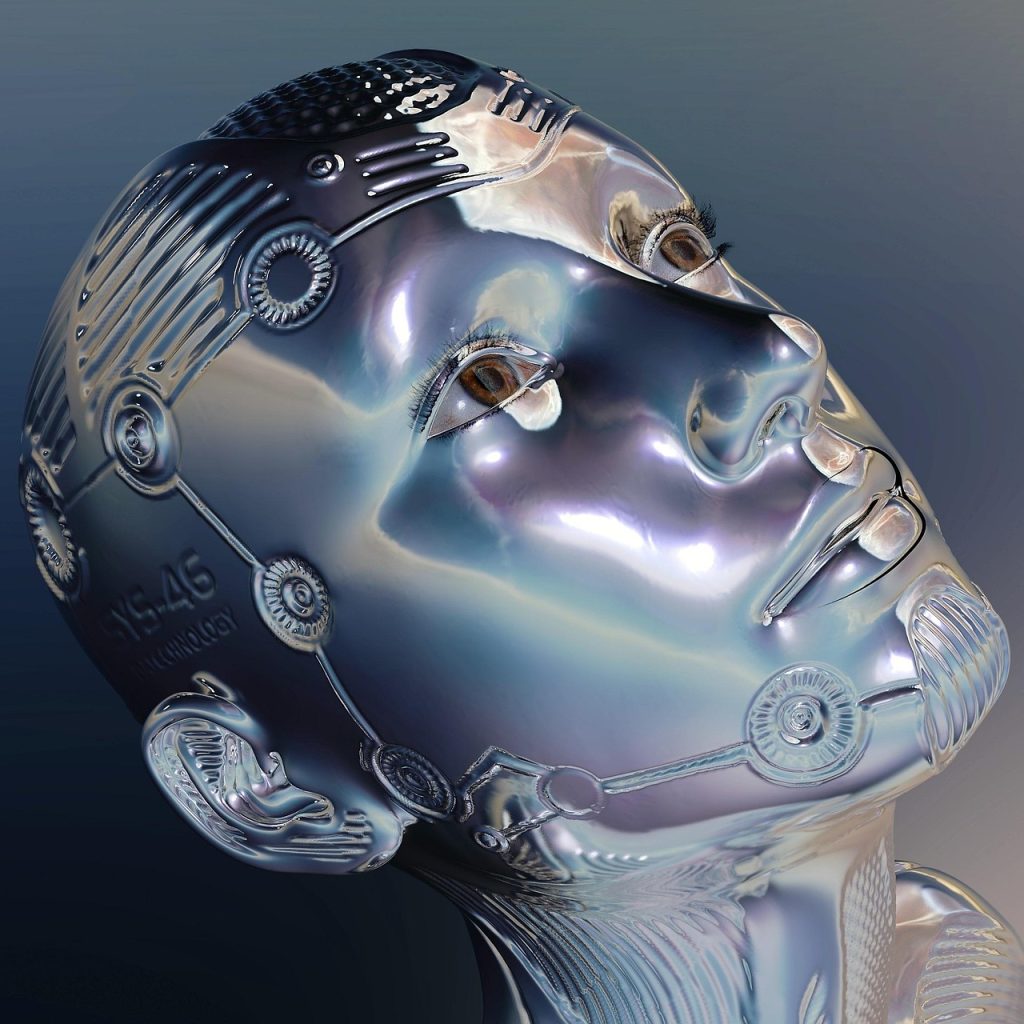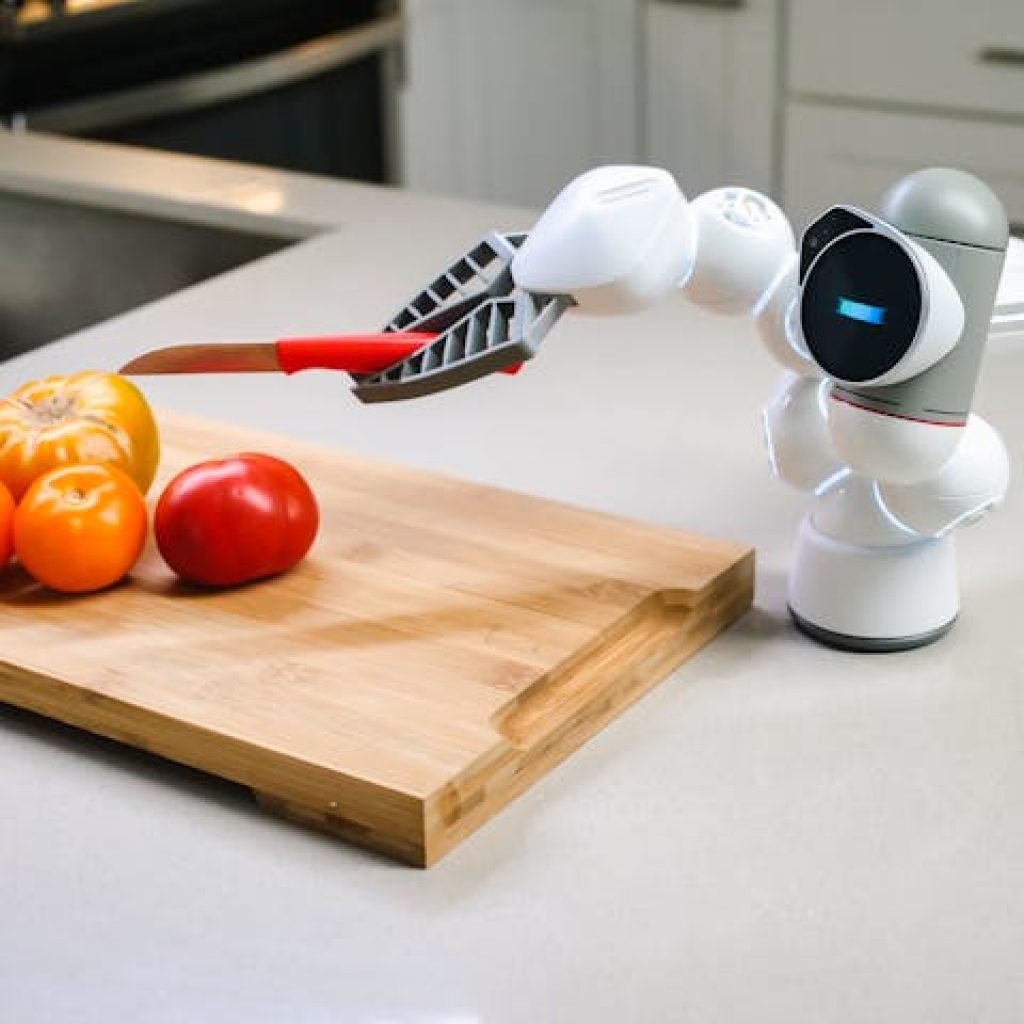Stunning Impact of AI Ethics in Everyday Life
Artificial Intelligence, or AI, is no longer a futuristic concept but a tangible force shaping our daily lives in profound ways. From the smartphones we carry to the smart home devices that manage our routines, AI is ubiquitously integrated into modern life. However, as AI’s influence grows, so do concerns about its ethical implications, raising critical questions about fairness, privacy, and responsibility. In this article, we’ll explore the stunning impact of AI ethics on everyday life and why it matters more than ever.
—
What Are AI Ethics? And Why Do They Matter?
AI ethics is the branch of study focused on ensuring that artificial intelligence systems are developed and used responsibly, aligning with human values and societal norms. As AI becomes more advanced, ethical considerations are crucial to prevent misuse, mitigate risks, and ensure that AI technologies benefit everyone fairly.
For instance, AI systems used in hiring processes must avoid discriminative biases to ensure equal opportunities. Similarly, autonomous vehicles must adhere to ethical decision-making frameworks to prioritize safety. Without a clear ethical compass, AI could exacerbate existing inequalities or lead to unintended consequences.
—
AI Ethics in Healthcare: A Double-Edged Sword
One of the most significant areas where AI ethics come into play is healthcare. AI is revolutionizing medical diagnostics, drug discovery, and personalized treatment plans. For example, AI-powered algorithms can analyze MRI scans with remarkable accuracy, helping doctors detect diseases like cancer earlier than ever before. Similarly, tools like IBM Watson Health are enabling doctors to tailor treatments to individual patients’ genetic makeup.
But the ethical questions are just as compelling. For one, AI systems in healthcare can perpetuate biases if they’re trained on datasets that reflect historical disparities in medical care. For example, studies have shown that some AI algorithms may underdiagnose conditions in minority groups due to limited representation in training data. Ensuring diverse and representative datasets is critical to building equitable AI systems.
—
AI in Transportation: Navigating Ethical Crossroads
AI is transforming the way we travel, from ride-sharing apps to autonomous vehicles. Self-driving cars, in particular, represent a groundbreaking innovation with the potential to reduce accidents, improve traffic flow, and enhance mobility for the elderly and disabled. Companies like Tesla, Waymo, and Cruise are at the forefront of this revolution.
But the ethical dilemmas are significant. Autonomous vehicles must make split-second decisions in complex scenarios, raising questions about accountability and morality. For example, in situations where an unavoidable accident is imminent, should the AI prioritize the safety of the passengers or pedestrians? These are not just technical challenges but deeply ethical ones. Ensuring transparency, accountability, and public trust in these systems is essential.
—
AI in the Workplace: Balancing Efficiency and Equity
AI is reshaping the modern workplace, automating repetitive tasks, improving productivity, and enabling smarter decision-making. Tools like chatbots, project management software, and AI-powered HR systems are becoming the norm. According to a McKinsey report, AI could add up to $15.7 trillion to the global economy by 2030.
However, the rise of workplace automation also raises ethical concerns. While AI can enhance efficiency, it can also displace jobs, particularly in sectors where tasks are repetitive. For example, AI-powered robots are increasingly being used in manufacturing and logistics, reducing the need for human labor. The ethical question here is how to balance the benefits of innovation with the need to protect workers and ensure fair transitions for those displaced.
—
AI and Education: Personalizing Learning but Raising Questions
AI is making waves in education, offering personalized learning experiences tailored to individual students’ needs. Adaptive learning platforms, for instance, use AI to track a student’s progress and adjust the curriculum accordingly. Tools like Khan Academy and Duolingo are already leveraging AI to create dynamic, interactive learning environments.
But ethical concerns persist. For one, there’s the issue of bias in AI algorithms. If an AI-powered grading system is trained on biased data, it could unfairly disadvantage certain students. Additionally, the reliance on AI in education raises questions about data privacy. How are student data being collected, stored, and used? Ensuring ethical AI practices in education is vital to fostering trust and inclusivity.
—
AI in Smart Homes: Convenience vs. Privacy
Smart home devices like Amazon Alexa, Google Nest, and Apple HomeKit have become indispensable for many of us. These devices use AI to learn our preferences and routines, offering unparalleled convenience. For example, your smart thermostat can adjust the temperature based on your schedule, while your smart speaker can play your favorite music the moment you walk in the door.
However, this convenience comes at a cost. AI-powered smart home devices collect vast amounts of personal data, raising serious privacy concerns. How is this data being used? Could it be shared with third parties? The ethical implications of data collection and usage are critical in the age of smart homes. Consumers deserve transparency and control over their data, and companies must prioritize privacy as a fundamental right.
—
AI in Entertainment: Shaping Culture and Consumption
AI is transforming the entertainment industry, from personalized recommendations on Netflix to AI-generated music and art. Platforms like Spotify use AI algorithms to curate playlists based on our listening habits, introducing us to new artists and genres. Similarly, AI-powered tools like DeepArt and Prisma enable users to create stunning works of art with just a few clicks.
But ethical questions linger. For one, AI-generated content raises concerns about authorship and creativity. Who owns a painting created by an AI? Is it the user who provided the input, or the company that developed the algorithm? Additionally, there’s the issue of cultural homogenization. Could AI recommendations create echo chambers, limiting our exposure to diverse perspectives and artistic styles?
—
AI and Misinformation: The Fight Against Deepfakes
One of the most insidious challenges posed by AI is the spread of misinformation. Deepfake technology, which uses AI to create realistic but fake images, videos, and audio recordings, has the potential to destabilize societies and undermine trust in institutions. For example, deepfakes have been used to create fake clips of political leaders making inflammatory statements, with serious consequences for democracy.
The ethical response to this challenge is clear: developing AI systems that can detect and combat deepfakes while protecting freedom of expression. Companies and governments must collaborate to create robust frameworks that prevent the misuse of AI for malicious purposes.
—
AI and Societal Inequality: A Call for Fairness
AI has the potential to widen existing societal inequalities if not developed responsibly. For example, facial recognition systems have been shown to have higher error rates for people of color, leading to wrongful arrests and discrimination. Similarly, AI systems used in lending and credit scoring may perpetuate biases present in historical data.
The ethical imperative is to design AI systems that are fair, transparent, and inclusive. This requires diverse teams, rigorous testing for bias, and ongoing monitoring of AI outcomes. By prioritizing fairness, we can ensure that AI technologies empower all members of society.
—
The Future of AI Ethics: Building a Better World
As AI continues to advance, the importance of ethics will only grow. The future of AI ethics lies in creating robust frameworks that guide the development and deployment of AI technologies. This includes establishing clear guidelines for data privacy, ensuring transparency in decision-making processes, and fostering collaboration between stakeholders from diverse backgrounds.
Initiatives like the Partnership on AI, which brings together tech companies, researchers, and advocates, are paving the way for a more ethical AI future. By prioritizing human values and societal well-being, we can harness the power of AI to create a better world for all.
—
Conclusion
The impact of AI ethics on everyday life is undeniable. From healthcare and transportation to education and entertainment, AI is reshaping the world we live in. But as we embrace these innovations, we must remain vigilant about the ethical implications. By prioritizing fairness, transparency, and responsibility, we can ensure that AI technologies benefit everyone, fostering a brighter future for generations to come.
If this article has piqued your interest in AI ethics, we’d love for you to explore more thought-provoking content on TechyPot.com. Stay curious, keep learning, and join us in exploring the fascinating world of technology and innovation!




